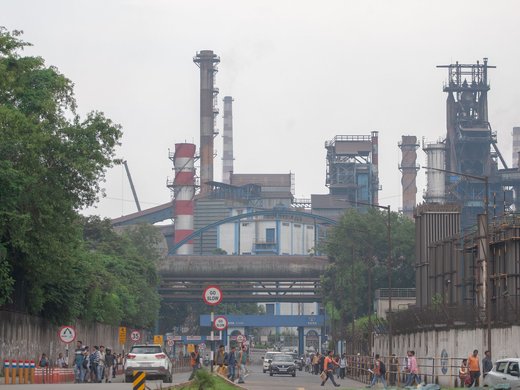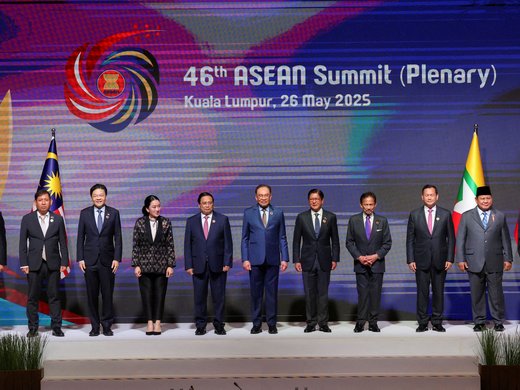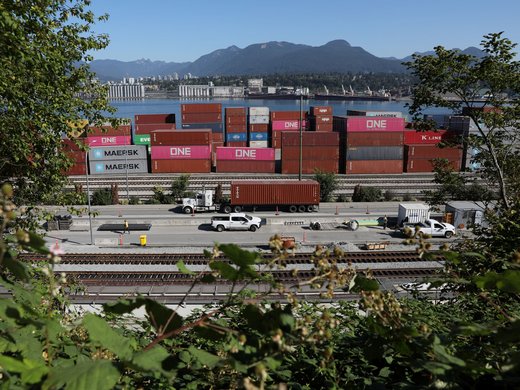The World Trade Organization estimates that more than 65 million people globally are refugees or displaced persons. Beyond the human dimensions of this tragedy, destination and transit countries face enormous financial and social costs in sheltering these people. The global community’s response has mostly been short-term aid, insufficient to support durable solutions.
One notable proposal for providing longer-term support for host and transit countries and their refugee communities is to harness trade relief measures that could provide economically viable solutions.
The most direct and potentially least complicated measure would entail reducing import duties on selected goods produced by refugee/migrant communities in host countries, which would generate employment for displaced persons and revenues for their host countries. Nonetheless, this idea entails considerable challenges in the execution.
This paper examines trade law aspects of such measures, taking into account the General Agreement on Tariffs and Trade (GATT) 1994/WTO Agreement, and considering the 2016 EU-Jordan Agreement as a potential model.


